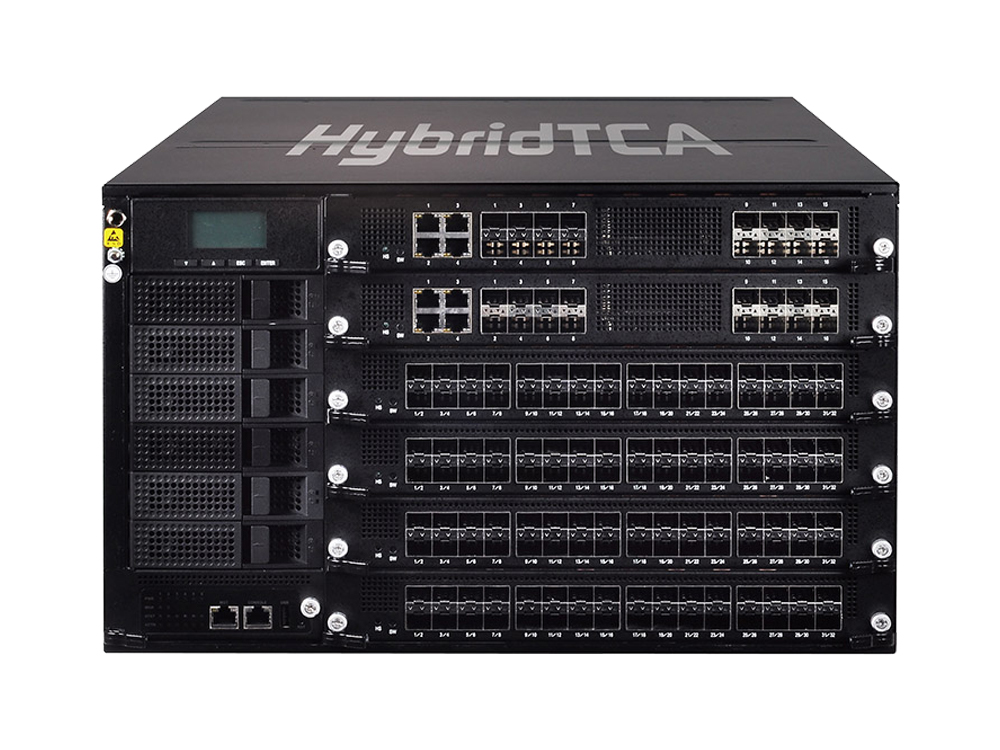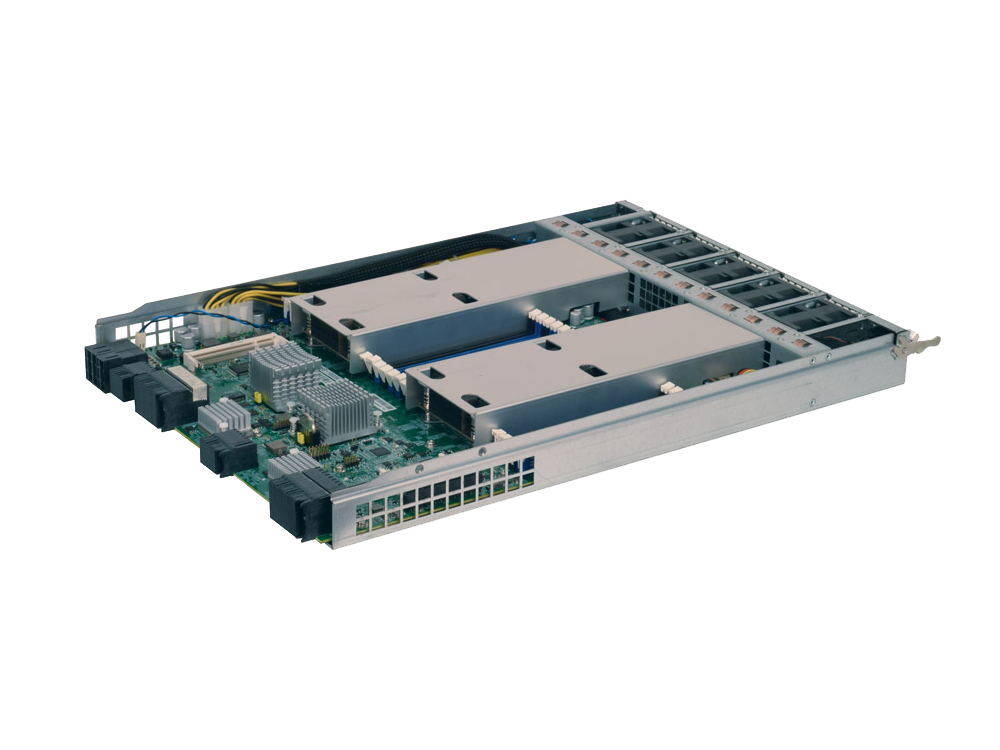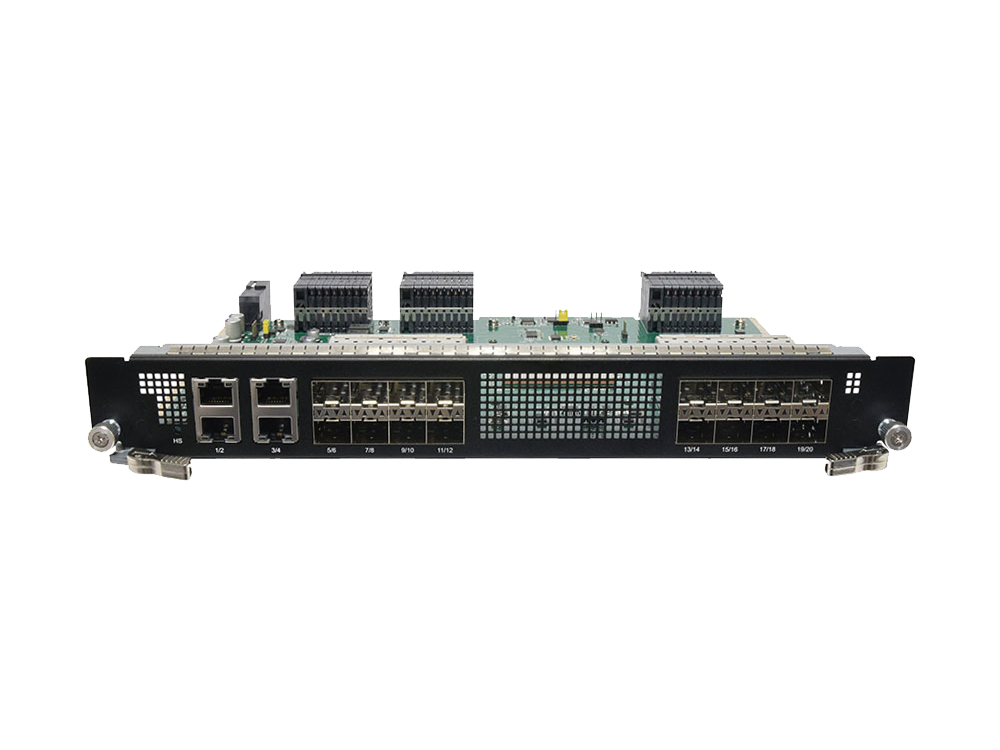The introduction of 5G is expected to redefine the business world by brining optimal experience in AR/VR, V2X, smart transportation, Industrial IoT, intelligent healthcare and education. All 5G-driven applications will meet time-sensitive networking, made possible by the enhanced bandwidth, distributed computing and networking at edge cloud. In the next few years, major telecom corporations will accelerate their deployments of agile, virtualized, and software-defined Multi-access Edge Computing, which will transform the traditional network architecture from legacy, proprietary devices to network disaggregation where hardware, OS and VNF components can be leveraged by various third-party vendors
Overview
The introduction of 5G is expected to redefine the business world by brining optimal experience in AR/VR, V2X, smart transportation, Industrial IoT, intelligent healthcare and education. All 5G-driven applications will meet time-sensitive networking, made possible by the enhanced bandwidth, distributed computing and networking at edge cloud. In the next few years, major telecom corporations will accelerate their deployments of agile, virtualized, and software-defined Multi-access Edge Computing, which will transform the traditional network architecture from legacy, proprietary devices to network disaggregation where hardware, OS and VNF components can be leveraged by various third-party vendors
Service Disaggregation in Fixed Networks

Source: Intel® Whitepaper - Creating the Next Generation Central Office with Intel® Architecture CPUs
To meet the demands for 5G networking, Lanner has been dedicated in providing a wide product portfolio of interoperable white-box MEC (multi-access edge computing) solutions powered by multi-node Intel Xeon processing power, massive storage, and high-speed programmable SDN switching, to enable network disaggregation and virtualize primary network functions at the edge cloud. All Lanner MEC platforms are designed for edge computing architecture, integrating compute, storage and networking, allowing application provider to be closer to devices and users. Some of its key benefits include ultra-low latency, enhanced security and backhaul cost savings

Source: Intel® Whitepaper - Creating the Next Generation Central Office with Intel® Architecture CPUs
Key Features

Scalable Compute Node
Up to 12x Intel® Xeon® CPU (Cascade Lake)

NEBS Compliant Design
Carrier-grade Availability and Redundancy

P4 Programmable Switch
Dual Channel, 3.2TB Switching Capability

High Storage Density
Up to 6 Drive Bays with RAID Support
At MWC 2020, Lanner and NoviFlow will present an all-in-one MEC solution that demonstrates these principles by uniting Intel scalable compute node, Intel Tofino programmable networking, and NoviFlow's NoviWare and CyberMapper programmable networking software. They will also present how this solution optimizes information flows, minimizes latency, and makes the best possible utilization of all network and compute resources, thus reducing hardware costs, operating expenditures and even energy utilization.
White Paper
Lanner Video Streaming Tests Show Improved Latency Using MEC
Using multi-access edge computing (MEC) servers for content delivery network functionality is a leading solution for these services because MEC promises a dramatic reduction in transport latency. To demonstrate just how big this improvement can be, Lanner, an Intel® Network Builders ecosystem member, tested video and AR streams on both a MEC content delivery network (CDN) solution and a cloud CDN solution.
Related Articles
- Boosting and Sustaining Long-Term MEC Architecture Performance with Protocol-Independent, Programmable Switch Hardware
- Converged MEC Appliance Reduces Total Cost of Ownership on Edge Cloud Infrastructure









